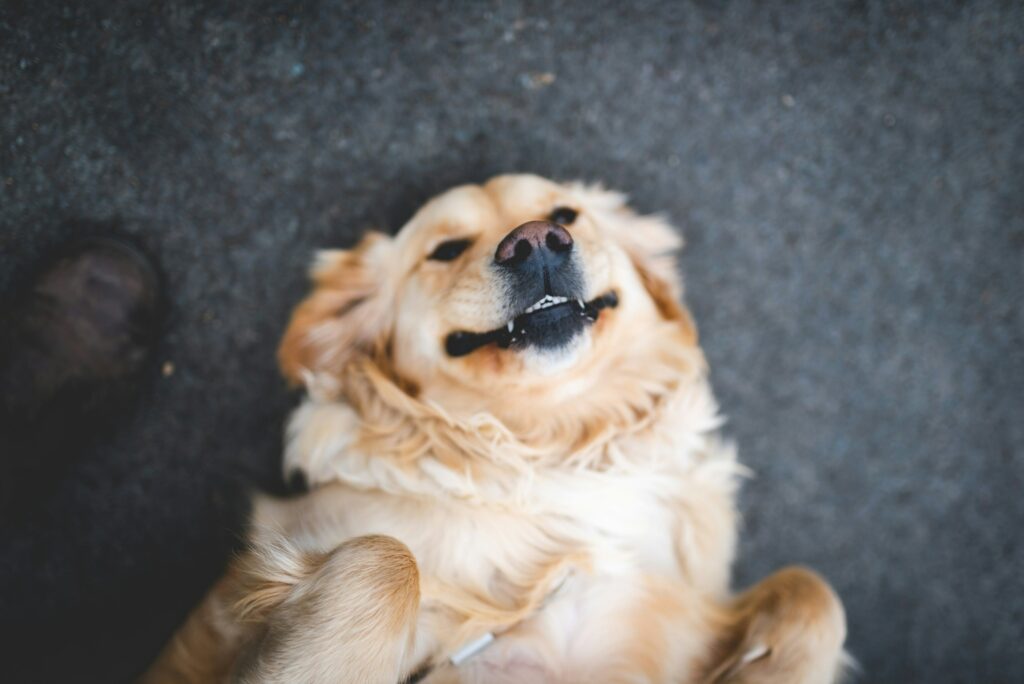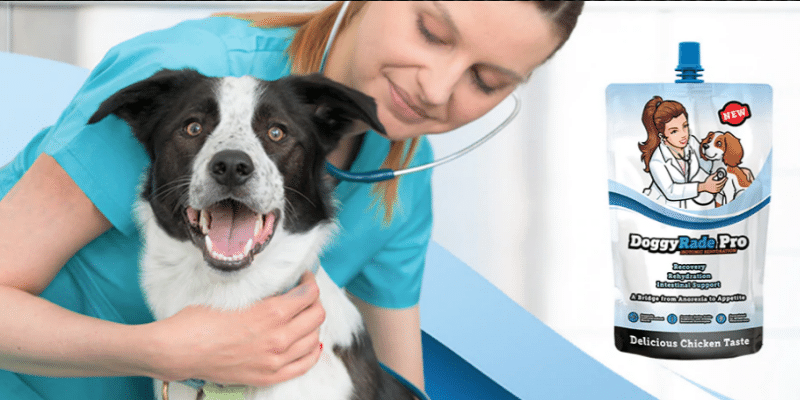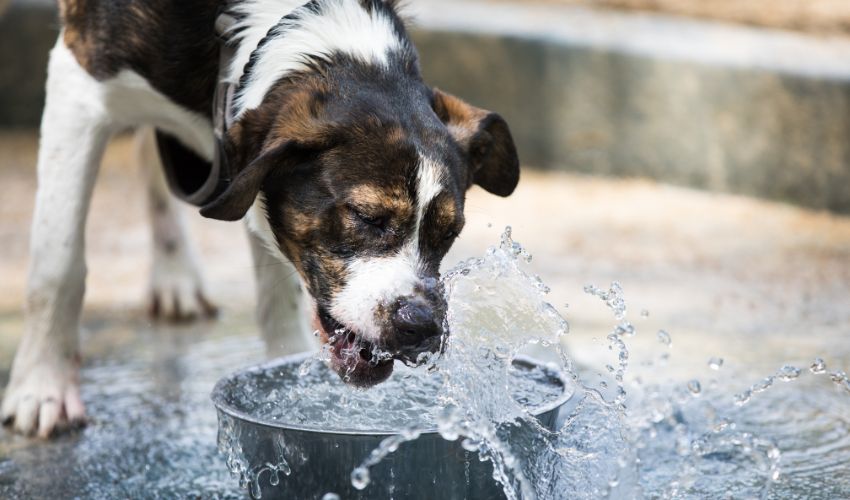Maintaining optimal dental health is a critical aspect of responsible pet ownership, and dogs are no exception. Canine dental issues, such as gum disease and tooth decay, can impact a dog’s overall well-being and quality of life. As a devoted dog owner, understanding the importance of oral care and implementing preventive measures are essential steps toward ensuring your canine companion enjoys a happy and healthy life. In this comprehensive guide, we will explore the intricacies of canine dental health, offering practical tips for preventing gum disease and tooth decay in dogs.
The Significance of Canine Dental Health
- The Impact on Overall Health: Dental health is closely linked to a dog’s overall well-being. Poor oral hygiene can lead to various health issues, including infections, heart problems, and a decline in quality of life.
- Prevalence of Dental Problems: Dental issues are prevalent in dogs of all breeds and ages. Factors such as diet, genetics, and oral care practices contribute to the likelihood of gum disease and tooth decay.
Recognizing Common Dental Problems in Dogs
- Gum Disease (Periodontal Disease): Periodontal disease is a common dental problem in dogs, characterized by inflammation of the gums and potential damage to the supporting structures of the teeth.
- Tooth Decay (Cavities): While less common than in humans, dogs can develop cavities, especially in their molars. Tooth decay can lead to pain, discomfort, and difficulty eating.
- Bad Breath (Halitosis): Persistent bad breath is often an early sign of dental issues. It can indicate the presence of bacteria in the mouth, contributing to gum disease.
- Changes in Eating Behavior: Dogs with dental problems may experience pain while eating. Watch for changes in eating habits, such as reluctance to chew or favoring one side of the mouth.
- Excessive Drooling: Excessive drooling can be a sign of oral discomfort. Pay attention to changes in drooling patterns, as this may indicate the need for dental attention.
- Swollen or Bleeding Gums: Swollen, red, or bleeding gums are indicators of inflammation and potential gum disease. These signs should be addressed promptly.
Practical Tips for Preventing Gum Disease and Tooth Decay
- Regular Brushing Routine: Establish a regular tooth-brushing routine using a dog-friendly toothbrush and toothpaste. Start gradually and reward your dog to create positive associations with brushing.
- Dental Chews and Toys: Provide dental chews and toys designed to promote oral health. These aids can help reduce plaque and tartar buildup while offering a satisfying chewing experience.
- Specialized Dental Diets: Consider incorporating specialized dental diets formulated to support oral health. These diets often feature kibble with a texture that helps scrub teeth during chewing.
- Professional Dental Cleanings: Schedule regular professional dental cleanings with your veterinarian. Professional cleanings involve scaling, polishing, and, if necessary, addressing any dental issues under anesthesia.
- Regular Dental Check-ups: Include dental check-ups as part of your dog’s routine veterinary visits. Early detection of dental problems allows for timely intervention.
- Avoid Harmful Chewing Items: Be cautious about items that may harm your dog’s teeth, such as hard bones or objects that could lead to fractures. Choose safe chewing options recommended by veterinarians.
- Monitor Diet and Nutrition: Ensure your dog receives a balanced diet that supports overall health, including dental health. Discuss nutritional considerations with your veterinarian.
- Stay Hydrated: Adequate water intake is essential for oral health. Encourage regular hydration to help flush out bacteria and maintain a healthy mouth.
- Address Dental Issues Promptly: If you notice any signs of dental problems, seek veterinary attention promptly. Early intervention can prevent the progression of issues and alleviate discomfort.
- Regular Grooming: Regular grooming sessions, including inspections of your dog’s mouth, can help you spot potential dental issues early on. Familiarize your dog with gentle mouth handling to ease examinations.


Canine Dental Health and Specific Breeds
- Small Breed Considerations: Small breeds may be more prone to dental issues due to the size of their mouths. Pay extra attention to their dental care needs.
- Brachycephalic Breeds: Brachycephalic breeds, such as Bulldogs and Pugs, may have dental crowding. Regular dental care is vital for maintaining their oral health.
- Toy Breeds: Toy breeds often have smaller teeth, making them susceptible to plaque and tartar buildup. Tailor dental care practices to meet the specific needs of toy breeds.
Home Care for Canine Dental Health
- DIY Dog Toothpaste: Consider making a DIY dog toothpaste using ingredients like coconut oil and a hint of pet-safe flavoring. Consult with your veterinarian for suitable options.
- Gradual Introduction of Dental Care: Introduce dental care practices gradually, especially if your dog is not accustomed to having their teeth brushed. Patience and positive reinforcement are key.
- Regular Inspections: Regularly inspect your dog’s teeth and gums. Look for signs of inflammation, swelling, or changes in tooth color. Report any abnormalities to your veterinarian.
- Interactive Feeding: Consider using puzzle feeders or interactive feeding toys to promote chewing and stimulate saliva production, which aids in maintaining oral health.
- Natural Dental Treats: Offer natural dental treats, such as raw bones or dental chews with limited additives. Always choose treats appropriate for your dog’s size and chewing habits.
- Professional Guidance: Seek professional guidance on the most suitable dental care products for your dog. Veterinarians can recommend toothbrushes, toothpaste, and oral rinses tailored to your dog’s needs.
Conclusion: A Bright Smile for Your Furry Friend
Prioritizing canine dental health is a commitment to your dog’s overall well-being and longevity. By incorporating preventive measures, maintaining a consistent oral care routine, and partnering with your veterinarian, you can ensure your furry friend enjoys a bright smile and optimal oral health.
As a responsible dog owner, your proactive approach to canine dental care contributes to a happier, healthier life for your beloved companion. Together, let’s embark on a journey toward vibrant smiles and wagging tails, celebrating the joy that comes with a dog’s good dental health.
















